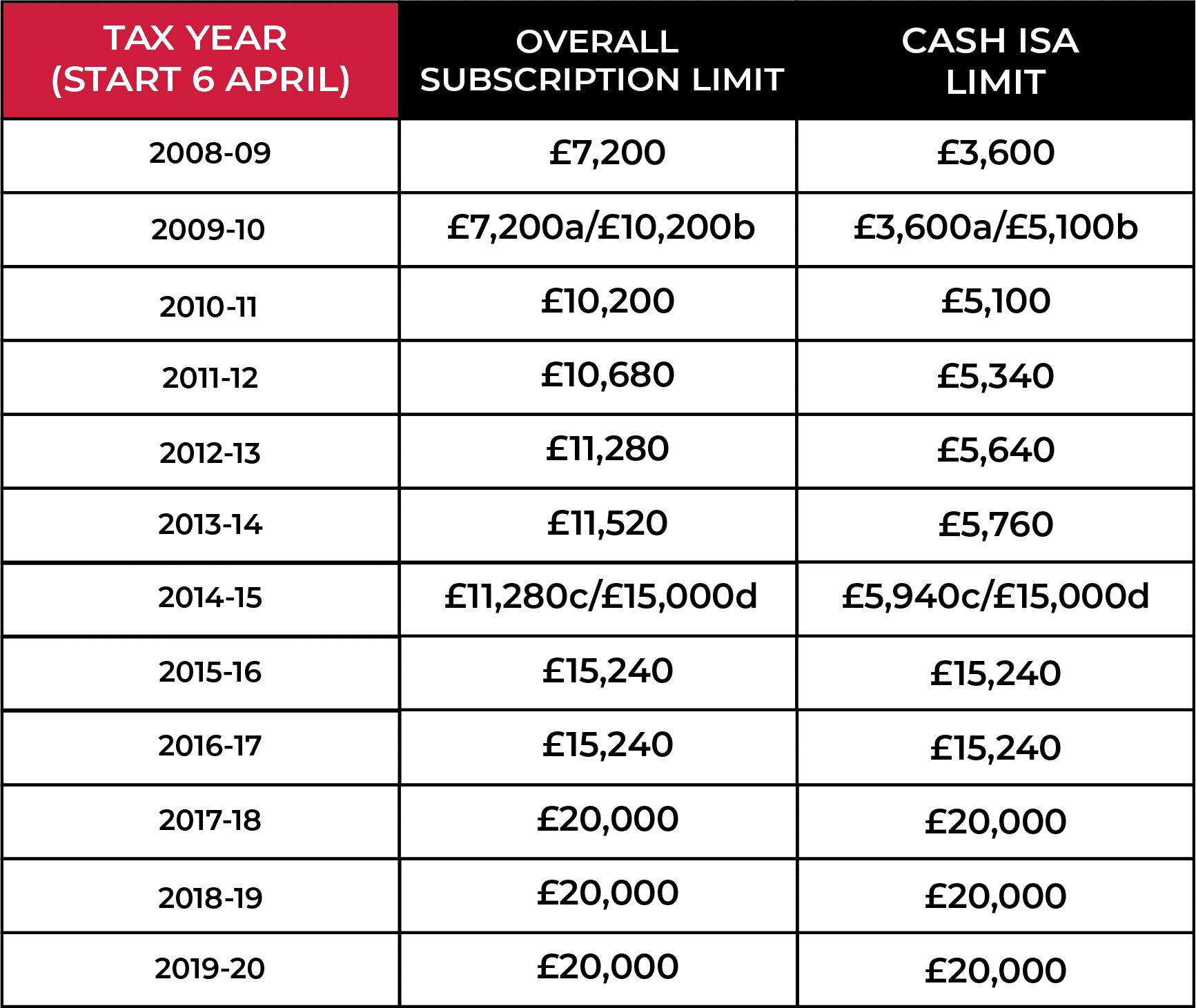
Post-Pandemic Finances
POST – PANDEMIC FINANCES: STARTING AN INVESTMENT HABIT
18
AUGUST, 2021
Lockdown
Investing
Savings
UK households have built up over a staggering £117 billion of savings after being cooped up at home since the start of the pandemic [1].
The study also claimed we are planning to splurge on clothes, dining out and holidays.
While a spree will help the UK economy it’s important to make sure your money is working hard for the longer term.
That means investing it. There are, of course, no guarantees with investing. But if you don’t think you’ll need access to your money for at least five years, investing offers the chance of better returns than you could get from saving in a deposit account.
While many people have adopted investing as their new hobby during lockdowns, others will have put this off for fear of the unknown.
Entering the world of investments for the first time can be daunting. But those feelings might partly be down to the many myths that surround the sector. Here are a few of those common misconceptions:

Myth 1: Cash savings are risk-free
While the amount in a savings account will not fall, the value – or buying power – of that money can drop if the interest you earn on your savings doesn’t keep pace with the rising cost of living. That is certainly the case at the moment with interest rates low and inflation rising.
Myth 2: Investing is too risky
Stock market investing does come with risks, and you’ll need to be comfortable with the fact you could make a loss. However, along with this risk comes the potential for greater returns and it is possible to manage those risks within a portfolio.
Myth 3: Stock market investing is only for the wealthy
If you get into the habit of investing a small amount regularly, you could be surprised at how much it adds up to over time. You can build on the monthly amount as and when your income rises.
Myth 4: Now is a bad time to invest
The golden rule is that the sooner you start investing, the better. While the past 12 months has been challenging for investors, those with a long term view will have stayed invested and focused on their end goals. Overall, it’s about making sure that your money spends time in the market.
Myth 5: Property is a better bet
There is an ongoing debate about whether property is a better investment strategy than the stock market. However, it is easy to underestimate the risks to becoming a landlord.
Buy-to-let investment has become much less desirable due to tax changes in recent years. You can no longer offset mortgage interest against tax bills and there’s now a 3% stamp duty surcharge for investment property.
There is also the risk you might not get the expected returns. The property could be empty if you can’t find tenants – during which time the mortgage still needs to be paid.
You are also at the mercy of house prices and the housing market, should you need to access the money and sell up.
Another important point is that homeowners already have substantial exposure to the residential housing market through their own home. Owning a buy-to-let means becoming heavily exposed to just one asset class.
“One study claimed that over three quarters of investors plan to keep up their investing habits post-pandemic”
Putting your savings to work
Not everyone has put off taking the plunge into the world of investing. It’s encouraging that of those who have started an investment habit over the last 12 months, many seem determined to continue this now that most restrictions are lifted. One study claimed that over three quarters of investors plan to keep up their investing habits post-pandemic[2].
Whether you plan to keep up and review your newfound habit or want to start a new one, there’s no time like the present.
An adviser can help construct or review an investment portfolio in the most tax-efficient manner that will fit in with your attitude to risk and goals.
PROVIDING NEWS AND VIEWS TO SUIT ALL NEEDS
This Blog is published and provided for informational purposes only. The information in the Blog constitutes the author’s own opinions. None of the information contained in the Blog constitutes a recommendation that any particular investment strategy is suitable for any specific person.
Abacus Associates Financial Services is a trading style of Tavistock Partners (UK) Limited which is authorised and regulated by the Financial Conduct Authority, FCA number 230342. Tavistock Partners (UK) Limited is a wholly owned subsidiary of Tavistock Investments Plc. Tavistock Partners (UK) Ltd trading as Abacus Associates Financial Services are only authorised to give advice to UK residents. Registered in England. Registered Office: 2nd Floor, 1 Queen’s Square, Ascot Business Park, Lyndhurst Road, Ascot, Berkshire, SL5 9FE, Company Number 05066489, Company Number 04961992. Will writing and some aspects of tax planning are not regulated by the Financial Conduct Authority. Your home may be repossessed if you do not keep up repayments on a mortgage. The firm is not responsible for the content of external links.












Recent Comments